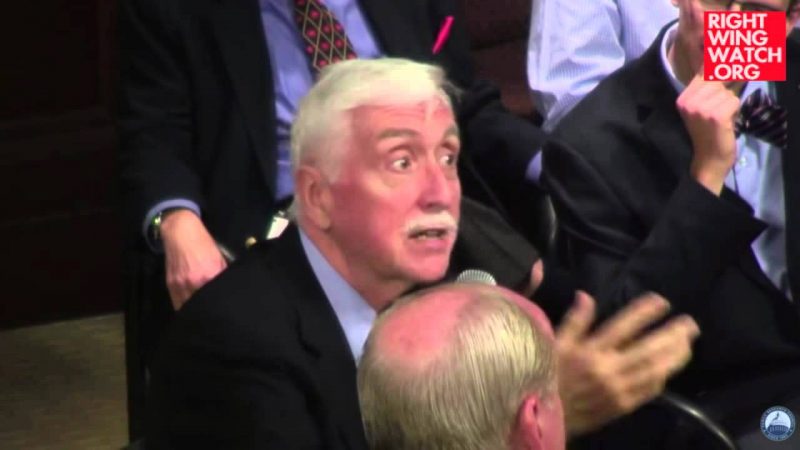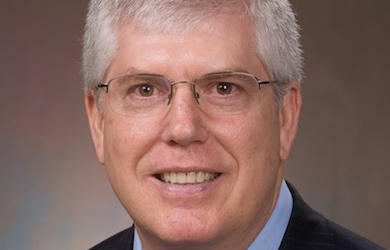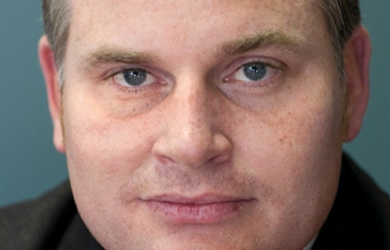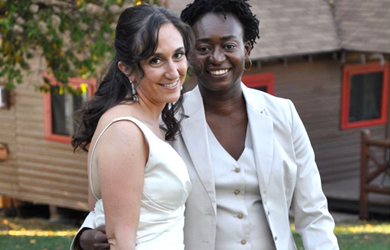Writing for the National Review, columnist George Weigel of the far-right Ethics and Public Policy Center lashes out at marriage equality supporters for comparing their struggle for equal rights to the civil rights movement. According to Weigel, legalizing marriage between same-sex couples is more like imposing racial segregation than ending it: “Legally enforced segregation involved the same kind of coercive state power that the proponents of gay marriage now wish to deploy on behalf of their cause.” He explains that LGBT rights require a “totalitarian impulse” to “remanufacture reality,” claiming that the gay rights movement “is the heir of Bull Connor,” referring to the Birmingham sheriff who violently crushed civil rights demonstrations. Weigel writes:
That usurpation is at the heart of the gay lobby’s emotional, cultural, and political success — the moral mantle of those Freedom Riders whose golden anniversary we mark this year has, so to speak, been successfully claimed by the Stonewall Democratic Club and its epigones. And because the classic civil-rights movement and its righteous demand for equality before the law remains one of the few agreed-upon moral touchstones in 21st-century American culture (another being the Holocaust as an icon of evil), to seize that mantle and wear it is to have won a large part of the battle — as one sees when trying to discuss these questions with otherwise sensible young people.
But the analogy simply doesn’t work. Legally enforced segregation involved the same kind of coercive state power that the proponents of gay marriage now wish to deploy on behalf of their cause. Something natural and obvious — “We hold these truths to be self-evident, that all men are created equal” — was being denied by the state in its efforts to maintain segregated public facilities and to deny full citizenship rights to African Americans. Once the American people came to see that these arrangements, however hallowed by custom (and prejudice), were, in fact, unnatural and not obvious, the law was changed.
What the gay lobby proposes in the matter of marriage is precisely the opposite of this. Marriage, as both religious and secular thinkers have acknowledged for millennia, is a social institution that is older than the state and that precedes the state. The task of a just state is to recognize and support this older, prior social institution; it is not to attempt its redefinition. To do the latter involves indulging the totalitarian temptation that lurks within all modern states: the temptation to remanufacture reality. The American civil-rights movement was a call to recognize moral reality; the call for gay marriage is a call to reinvent reality to fit an agenda of personal willfulness. The gay-marriage movement is thus not the heir of the civil-rights movement; it is the heir of Bull Connor and others who tried to impose their false idea of moral reality on others by coercive state power.








